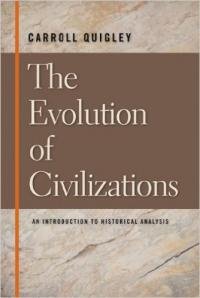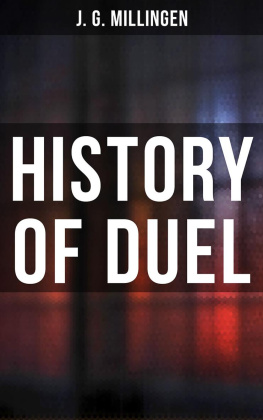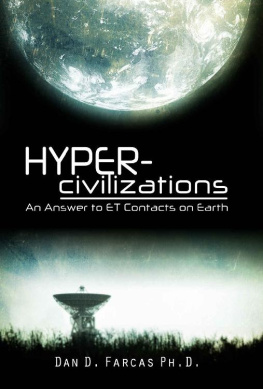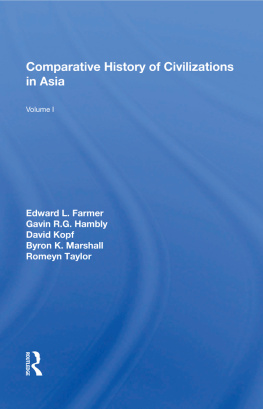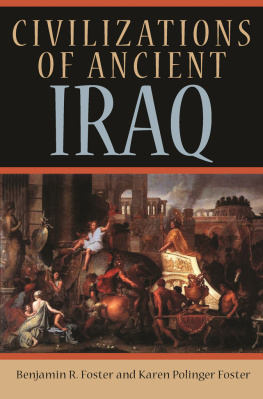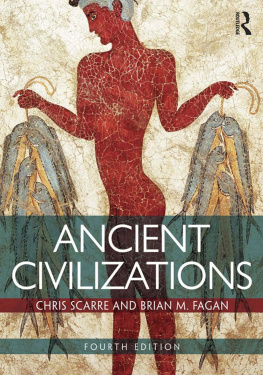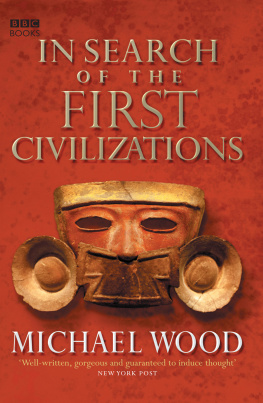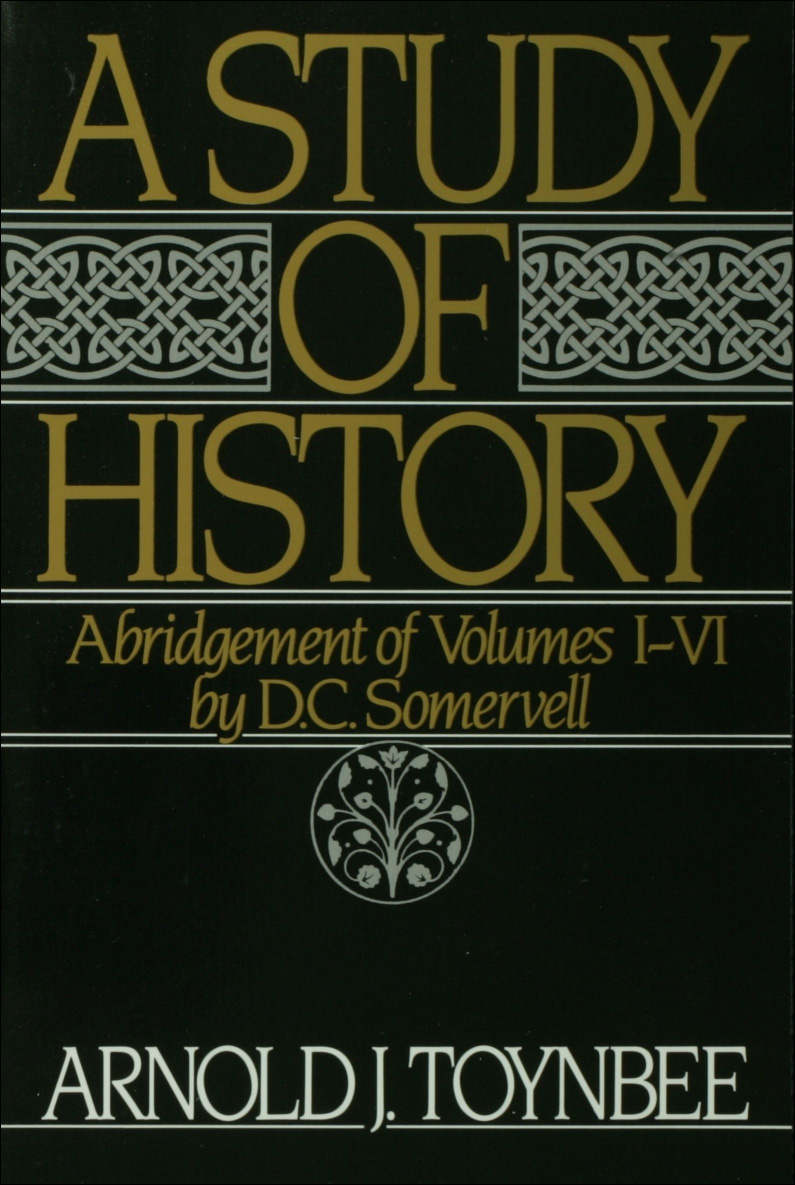
A STUDY OF HISTORY
A STUDY OF HISTORY is issued under the auspices of the Royal Institute of International Affairs.
The Royal Institute of International Affairs is an unofficial and non-political body, founded in 1920 to encourage and facilitate the scientific study of international questions.
The Institute, as such, is precluded by its rules from expressing an opinion on any aspect of international affairs; opinions expressed in this book are, therefore, purely individual.
A STUDY OF HISTORY
BY
ARNOLD J. TOYNBEE
Doloris
Sopitam recreant volnera viva animam.
Anon.
ABRIDGEMENT
OF VOLUMES I-VI
BY
D. C. SOMERVELL

Oxford University Press
Oxford New York Toronto
Delhi Bombay Calcutta Madras Karachi
Petaling Jaya Singapore Hong Kong Tokyo
Nairobi Dar es Salaam Cape Town
Melbourne Auckland
and associated companies in
Beirut Berlin Ibadan Nicosia
Copyright 1946 by Oxford University Press;
renewed 1974 by Arnold J. Toynbee and Dorothea Grace Somervell
First published in Great Britain in 1946 by Oxford University Press,
Walton Street, Oxford OX2 6DP
First published in the United States in 1947 by Oxford University Press, Inc.,
198 Madison Avenue, New York, New York 10016-4314
First issued as an Oxford University Press paperback, 1987
Oxford is a registered trademark of Oxford University Press
All rights reserved. No part of this publication may be reproduced, stored in a retrieval system, or transmitted, in any form or by any means, electronic, mechanical, photocopying, recording, or otherwise, without the prior permission of Oxford University Press, Inc.
Library of Congress Cataloging-in-Publication Data
Toynbee, Arnold Joseph, 1889-1975.
A study of history.
Includes indexes.
1. Civilization. 2. HistoryPhilosophy. I. Somervell,
D. C. (David Churchill), 1885-1965. 11. Title.
CB63.T6433 1987 909 87-12291
ISBN-13 978-0-19-500198-3 (v. 1)
ISBN-13 978-0-19-505080-6(pbk.: v. 1)
ISBN-13 978-0-19-500199-0 (v. 2)
ISBN-13 978-0-19-505081-3 (pbk.: v. 2)
printing, last digit: 20 19 18 17
Printed in the United States of America
PLAN OF THE BOOK
(The present volume is an abridgement of Parts I-V)
I | INTRODUCTION |
II | THE GENESES OF CIVILIZATIONS |
III | THE GROWTHS OF CIVILIZATIONS |
IV | THE BREAKDOWNS OF CIVILIZATIONS |
V | THE DISINTEGRATIONS OF CIVILIZATIONS |
VI | UNIVERSAL STATES |
VII | UNIVERSAL CHURCHES |
VIII | HEROIC AGES |
IX | CONTACTS BETWEEN CIVILIZATIONS IN SPACE |
X | CONTACTS BETWEEN CIVILIZATIONS IN TIME |
XI | RHYTHMS IN THE HISTORIES OF CIVILIZATIONS |
XII | THE PROSPECTS OF THE WESTERN CIVILIZATION |
XIII | THE INSPIRATIONS OF HISTORIANS |
PREFACE BY THE AUTHOR
MR. D. C. SOMERVELL explains in his own following prefatory note how he came to make this abridgement of the first six volumes of my book. Before I knew anything about it, a number of inquiries had been reaching me, particularly from the United States, as to whether there was any likelihood of an abridgement of these volumes being published pending the timenow inevitably postponed far beyond all original expectations owing to the warwhen I should be able to publish the rest of the work. I had been feeling the force of this demand, but had not seen how to meet it (being, as I was, very fully occupied with war-work) until the problem was solved in a most happy way by a letter from Mr. Somervell telling me that an abridgement, made by him, was now in existence.
When Mr. Somervell sent me his manuscript, more than four years had already passed since the publication of volumes IV-VI and more than nine years since that of volumes IIII. For a writer the act of publication always, I suppose, has the effect of turning into a foreign body the work that, so long as it was in the making, was a part of its makers life; and in this case the war of 1939-1945, with the changes of circumstance and occupation that it brought with it, had also intervened between my book and me (volumes IV-VI were published forty-one days before the war broke out). In working over Mr. Somervells manuscript, I have therefore been ablenotwithstanding his skill in retaining my own wordsto read the abridgement almost as though it were a new book from another hand than mine. I have now made it fully my own by here and there recasting the language (with Mr. Somervells good-natured acquiescence) as I have gone along, but I have not compared the abridgement with the original line by line, and I have made a point of never reinserting any passage that Mr. Somervell had left outbelieving, as I do, that the author himself is unlikely to be the best judge of what is and is not an indispensable part of his work.
The maker of a skilful abridgement does an author a most valuable service which his own hand cannot readily do for him, and readers of the present volume who are acquainted with the original text will, I am sure, agree with me that Mr. Somervells literary craftsmanship has been skilful indeed. He has managed to preserve the argument of the book, to present it for the most part in the original words and at the same time to abridge six volumes into one volume. If I had been set this task myself, I doubt whether I could have accomplished it.
Though Mr. Somervell has made the lesser task of working over his abridgement as light a one for the author as it could well be, two further years have passed since I first set to work on it. For periods of weeks and months on end I have had to let it lie untouched at my elbow. These delays have been due to the exigencies of war-work; but the notes for the rest of the book are intact, in the safe keeping of the Council on Foreign Relations in New York (I posted them in Munich week to the Executive Secretary of the Council, Mr. Mallory, who kindly undertook to look after them), and while there is life there is hope of finishing ones work. Not the least of my reasons for being grateful to Mr. Somervell is that the process of working on his abridgement of those volumes of the book that have already been published has helped me to begin to turn my mind again to those that I have still to write.
It is also a happy thing for me that this volume is being published, like the full version of the book, by the Oxford University Press, and that the Index is being made by Miss V. M. Boulter, to whom readers of the full version are already indebted for the two indexes to Volumes IIII and Volumes IV-VI.
ARNOLD J. TOYNBEE
NOTE
BY THE EDITOR OF THE ABRIDGEMENT
MR. TOYNBEES Study of History presents a single continuous argument as to the nature and pattern of the historical experience of the human race since the first appearance of the species of societies called civilizations, and that argument is illustrated and, so far as the nature of the material allows, proved at every stage by a diversity of illustrations drawn from the whole length and breadth of human history, so far as human history is known to the historians of our day. Some of these illustrations are worked out in great detail. That being the nature of the book, the task of the editor of an abridgement is in essentials perfectly simple, namely to preserve the argument intact, though in an abbreviated statement, and to reduce in some degree the number of illustrations and, in a much greater degree, the detail of their exposition.
Next page

